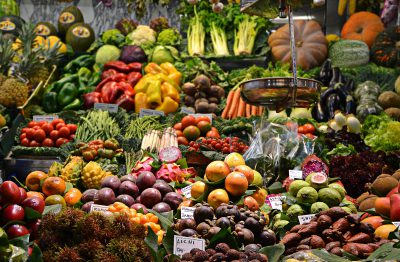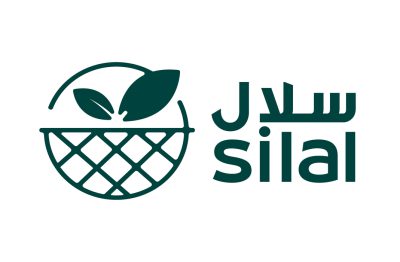Dr. Agnes Kalibata: We have the tools to transform our global food systems – now we need teamwork
As world leaders convened in Sharm El Sheikh last week to address the climate crisis, there was no doubt that we are witnessing the challenge of our times. Compounded by the Covid-19 pandemic, extreme weather patterns and regional conflicts, these global issues are contributing to failing crops, rising food prices, and affecting the seamless movement of food from producers to consumers.
This is especially evident in Africa and Asia. Africa’s already depleted soils are suffering from too little rain. Pests are attacking crops. And smallholder farmers – their fields and their profits – are under threat. More than ever, these challenges highlight the urgent need for innovation to address global food security.
Transforming food and land use systems offers an opportunity to mitigate the effects of climate change by 37 per cent towards net zero by 2030 in addition to building societies resilient to future shocks and stresses. Sustainable farming and consumption are critical to creating the right balance between the needs of people and the needs of our planet. The Sustainable Development Goals give us direction. However, with just eight years left to 2030 – when we should have achieved universal food security and poverty reduction – it is time to revisit our roadmap and seek quicker and more impactful ways to get there.
This means that in the coming years, we must use innovation and technology with urgency to drive change in how we produce, process and eat food – along the whole food systems pathway. We must look for sustainable and technology-based systems that provide sustainable options for countering food loss and food waste, which today accounts for an estimated 17 per cent of total global food production. And we must acknowledge that a food systems approach is not only positive for the environment and climate, but also vital for economic growth – food systems are a $13 trillion industry that is responsible for 40 per cent of all employment. Pathways that grow economies and create jobs are urgently needed in the aftermath of the pandemic.
The good news is that this message is being heard and acted upon. We are already seeing how food systems can be transformed using modern agricultural technologies.
Scientific innovation has contributed to enhancing the way food is produced, including through improved seed genetics. We have seen farmers quadruple their maize harvests by switching to hybrid seed varieties, which use nutrients better, grow faster and have higher yields. We are witnessing new levels of on-farm efficiency arising from the use of drones in soil mapping, as well as other digital tools that drive precision farming. Many young innovators are also developing digital technologies that link producers to both local and international markets.
These new tools and approaches have great impact in arid geographies in Africa and the Middle East where climate-related effects on food production are deeply felt. The impact of these innovations extends beyond climate and food security. Women are involved in close to 70 per cent of the production of Africa’s food. By giving women access to new and innovative technologies, we will be able to build their resilience and create a whole range of multiplier effects that strengthen the underlying ecosystem.
Competitions such as the FoodTech Challenge, which have been organised by the UAE’s Ministry of Climate Change and Environment and Tamkeen, are playing an instrumental role in enabling food system innovation. I am thrilled to be a judge in this competition, which is now in its second edition and has received over 660 applications from 79 countries, to provide compelling solutions to food production and food loss. The solutions that we have examined range from leveraging game-changing fog-based technology to deliver more nutritious crops using 95 per cent less water, to using AI and systems powered by the Internet of Things to minimise and quantify waste at individual and industrial levels. Initiatives such as these – and the many other solutions that we saw coming out of the Food Systems Summit – have the profound ability to address food security challenges and transform lives and livelihoods.
Innovation is ultimately the key to progress. To give an example, the institution I lead – Agra – is working with partners to scale digital technology, drought tolerant seed varieties and regeneration of soils. These solutions have the potential to address low productivity and yields, lack of climate information, lack of access to credit and weak market linkages.
That said, for these technologies to achieve their full potential, additional action from key stakeholders in the agriculture ecosystem is required. From regulators and policymakers to NGOs, donors and the private sector, it is crucial that stakeholders across the entire food ecosystem come together and come through on these efforts. This is a critical responsibility for developed countries, in particular, but also for leaders around the world if we are to ensure a more inclusive future for food and benefits to those who are the most vulnerable.
Other Blogs

Dr. Anne Le More: Food Security, Health and Sustainability
The Gulf region has historically been considered stable when it comes to food security. GCC members are the most food-secure nations in the Arab world, and in 2022 the United Ar...

Interview with Muharrem Galip Oner, Chief Digital Officer, Silal
Can we start by asking you to give us some background into what Silal does?
Silal was established in 2020 with a visi...








